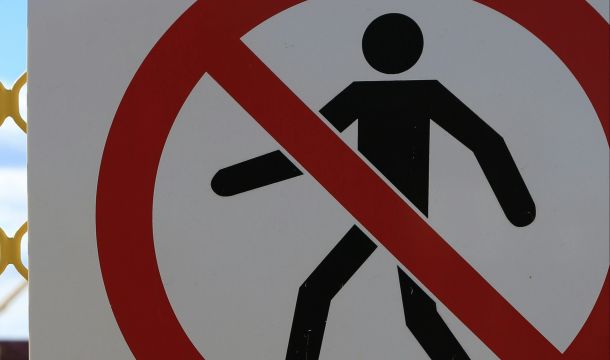WHILE A SMALL MAJORITY OF AMERICANS FAVOR UNIONS, A MUCH LARGER MAJORITY WOULD VOTE FOR A RIGHT-TO-WORK LAW
An interesting and recent Gallup poll conducted in August shows how the American public feels about labor unions, and also about right-to-work (RTW) laws. The poll shows that 53% of Americans approve of labor unions, a figure similar to other union ratings in recent years. The record low approval rating for unions was 48% in 2009.
In contrast, the poll revealed that 71% of Americans would vote for a RTW law if they had the opportunity. Even among Democrats in the poll (who gave unions a 77% approval rating), 65% of the Democrats backed RTW or open shop laws. The poll results among Democrats are interesting in that even though two-thirds of Democrats favor RTW laws, the Democratic Party has been opposed to such laws.
The last time a Gallup poll asked about the opinion of Americans concerning RTW laws was 1957, when the enactment of RTW legislation had only a 62% approval rating, and it was in 1957 that unions received their highest approval rating ever, 75%. In another aspect of the recent Gallup poll, about 35% of respondents said they would like to see labor unions have more influence, while 37% said they would like unions to have less influence.
Currently, 24 states have RTW laws, which give workers the right to not join unions as a condition of employment. A recent study conducted by the Competitive Enterprise Institute addresses an economic analysis of RTW laws on state economies, and ranked states' per capita income loss for not having a RTW law. The study suggests that if non-RTW law states had adopted RTW laws 35 years ago, income levels would be approximately $3,000.00 per person higher today. The total estimated income loss in 2012, according to the study, from the lack of RTW laws was $647.8 billion – more than $2,000.00 for every American.
Related Content
Get Email Updates
Recent Content

TPS Update (as of 9/3/2025)

DOL To Shut Down OFCCP and Transfer Duties to EEOC

Meaning of Supreme Court Ruling Limiting Nationwide Injunctions in Birthright Case

In Spite of Adminstration Changes, Monitoring of the Workplace Continues to Create Legal Issues

The Importance of Corporate Culture
